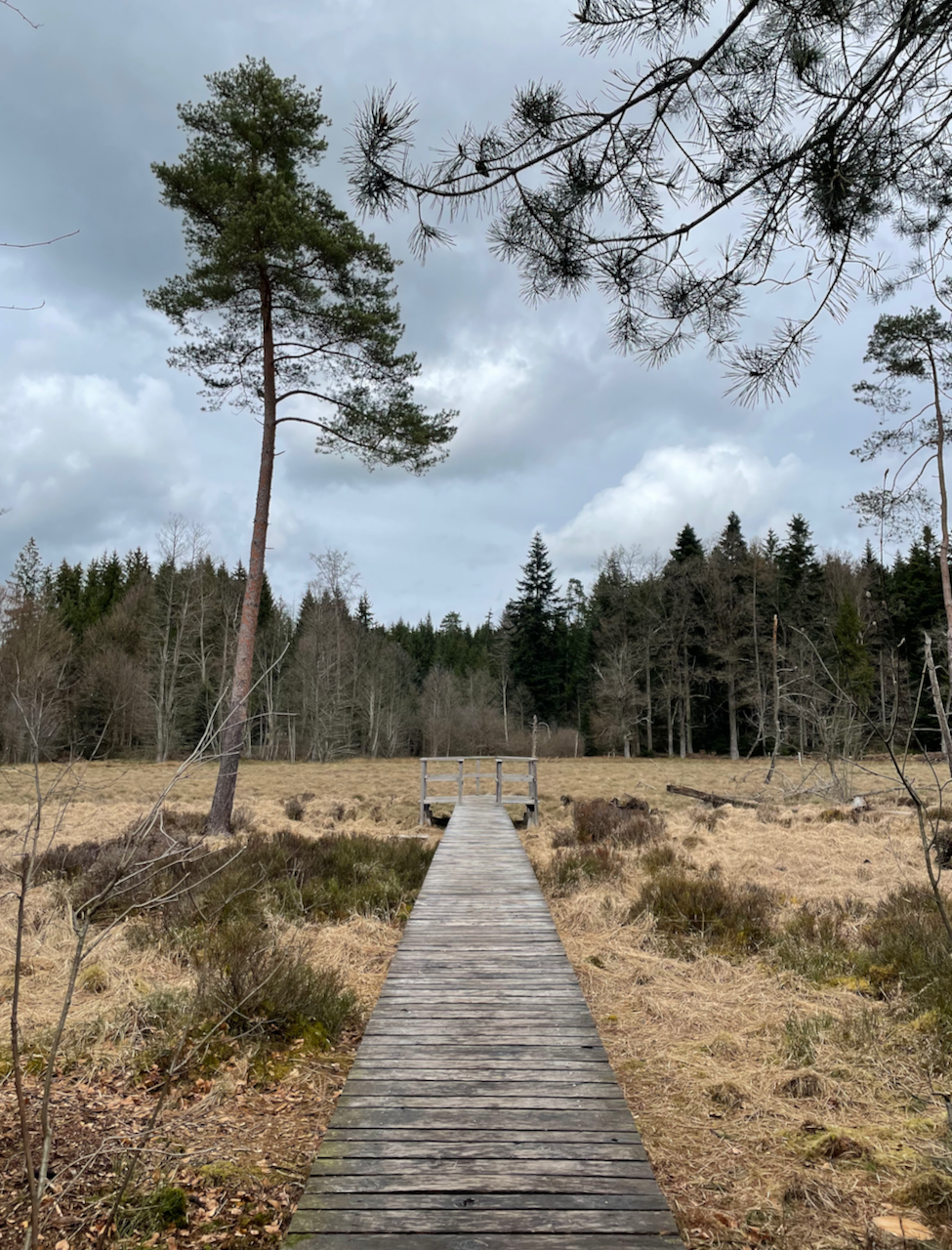2023-04-01 — 2024-12-13
In my exploration of entertainment, I took a month-long break from videos and games, discovering the enriching benefits of reading, writing, and allowing my mind to wander. This experiment led me to question the true value of the content I consumed, revealing that much of it was merely passive entertainment, prompting me to seek more meaningful and active ways to engage with media.
On Entertainment

or a very long time, I have watched YouTube videos. I enjoyed content on science, math, travel, and other topics that interested me. It had become a habit, something I would do every day, in the evening and at every meal I was eating alone. I suppose it felt not only necessary but also beneficial: I was watching content that would teach me something, wasn’t I?
An experiment
In February 2023, I felt I was spending too much time on these activities and decided to abstain from watching videos, movies, series, or playing video games for an entire month. That was initially challenging because I felt a void in my routine. What should I do while eating, in the evening, and when I was bored on the train?
But I didn’t have to wait long for the answers to come.
Outcome 1: Books
First, I started to read books. What’s great about books is that you can go at your own speed. Instead of being fed without pause, you can adapt the pace to the content. You can take some time to visualize, pause to reflect about an idea, look-up something intriguing, take notes (this is also possible with videos, but then an effort is needed to stop, whereas you have to make an effort to continue when reading).
Videos may range from ten minutes to (maybe) an hour in length. Books are more long-form, generally at least ten hours of reading, meaning that in addition to requiring an active effort, they also involve less context-switching (which is generally not great).
Now, you can’t do much else while reading a book, and I still listened to podcast during other activities. I generally prefer long-form conversations and in-depth, well-produced podcasts, but the pitfalls of videos can also apply here. I suppose audio is less stimulating than video though, and mental saturation seems to be more easily noticeable.
Outcome 2: Writing
I ended up spending more time writing my journal, and doing it in more details. That included what I did during the day, but also random thoughts, observations and interesting ideas. This is a clear benefit: I easily forget this kind of thing, and I enjoy revisiting my past thoughts and experiences for both curiosity and personal growth.
Maybe more significant to you, the reader, that’s also the time during which I created this website. The idea was on my mind for quite some time (I in fact bought another domain name, which served no purpose for a whole year), but somehow I had never found the drive to start until then. Coding for a personal project is much more rewarding than for someone else, and I loved setting everything up.
Outcome 3: Nothing
Or rather, nothing in particular. Our brains are always engaged in some activity. Letting your mind wander lets it process information1, brings to the surface ideas, things to fix, stories, memories… probably things you want. It’s easy, too easy, to think it’s wasted time and that you really ought to do something. Fortunately, the urge goes away if you don’t give in.
Value in entertainment
After a month of this, I looked back and wondered “So, what’s the value in these videos? Is there any?” and more generally: what’s the value of entertainment?
Something clear to me: pure entertainment is like pure alcohol: it provides no value (or even negative value). By pure entertainment, I imagine something akin to TikTok. Some people have told me they could spend hours at end scrolling video after video, and remember none of it. It’s a forgetting mechanism, a time sinkhole. The only things you have in life are your body and your time…
But the videos I watched are different, aren’t they? Well, it depends.
The Centrifuge
During this month, I couldn’t watch videos, but was still curious as to what some of them were talking about. I thought AI could help. The scheme is as follows:
- Download the audio from a youtube link.
- Use Whisper to get a transcript.
- Call GPT-3.5 (a large language model) with a custom-designed prompt asking it for a summary.
- If the video is longer than about ten minutes, the transcript is longer than the context window. As a workaround, GPT is called several times to create sub-summaries, and then one final time.
So now, I can get the gist of a one-hour video summarized in a couple of lines, automatically, and cheaply (a couple of cents at most). You can think of it as a centrifuge, separating away the fluff, clickbait, glitter and whatnot, and keeping only the actual point.
What I noticed is that, for many videos (including some I would’ve considered enriching), I did not want to watch the video after reading the summary. When I read it, I thought “hmm okay, interesting, but I don’t really care, anyway”. The fact that I did not care after reading the summary told me I was watching these videos only as entertainment, and nothing more.
For other videos, on the contrary, I read the summary and thought “okay, got it, let’s do some more research”: I got what I wanted, and could look-up details if I wanted to. No need to watch the video either.
So these are the two extremes. Are there things in between?
The rest
There are a few cases where I felt I was still missing something, for example:
- Language learning by watching videos in Spanish or German. Having the image together with the audio makes understanding much easier. Books lack audio, and podcasts can sometimes be difficult to understand.
- Discovering a part of the world through travel videos.
- Sometimes videos are just entertaining but so much fun…
In the first case, the goal is learning. In the second, it’s getting to know something and forming memories, getting the sense of place. And the third is about feeling. Are these good enough motives?
Passivity
I haven’t resumed watching videos yet (as of April), and I probably won’t until I find satisfactory answers to these questions. A few ideas to investigate:
- Take as much time as the length a video to investigate further and take notes. This helps remembering, thinking and further reference.
- Make it a social activity by watching only with someone else, and then talking about it, debating the ideas.
These are about making the activity more active, in the end. Passivity is why I remember less than 1% of what I’ve watched, why it’s so easy to waste time, and why I don’t think it has brought much value to my life.
Side note: the case for video games
Of all forms of content-based entertainment, videogames stand out. I remember very fondly the time spent solving rooms in Portal or exploring the world of Breath of the Wild. Just listening to the music of the latter brings very strong emotions. I can’t say the same for any video I’ve watched; in fact, I barely remember them.
I think this is a point in favor of passivity being the culprit. But of course, you can still overindulge in games. Please don’t waste your life on WoW.
Conclusion
Altering your routine shows you how oblivious we can be. Routine is the mind-killer, shake it up from time to time, and you’ll be sure to get some insights.
If you have constructive ideas about this topic, please contact me.

Pure entertainment is like pure alcohol: it provides no value.